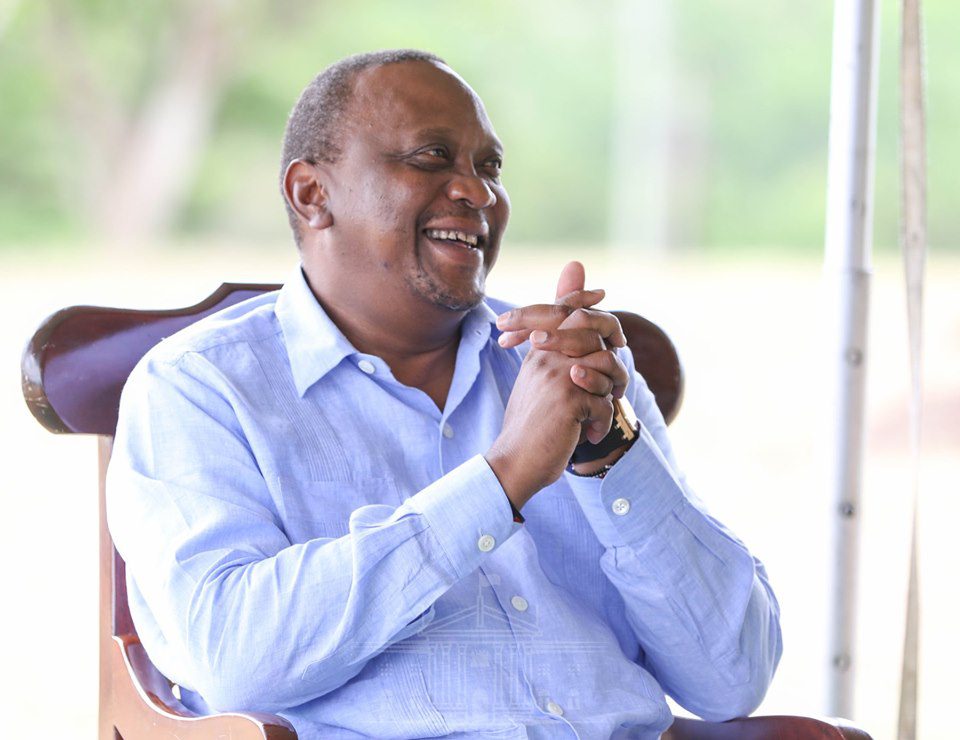President Uhuru Kenyatta on Thursday decried the judiciary in his country for allegedly frustrating key development project being implemented by his government.
He said Kenya as a nation suffers when well-intentioned initiatives are blocked through courts by individuals who are disgruntled over business contracts or sometimes by busybodies who work for faceless sponsors.
“No interest is above public interest,” said Kenyatta as he spoke at the Supreme Court in Nairobi where he launched the 2018/2019 State of the Judiciary and the Administration of Justice Annual Report.
He said government policies to improve the economy and security are often hampered by frequent court injunctions procured by people who are motivated by narrow interests rather than being propelled by the public good.
He said some of the projects affected by court injunctions include health projects, irrigation schemes and plans to equip police with sufficient transport through the leasing of vehicles.
“We are not delivering when the executive’s policy for bettering security by equipping our national police service with vehicles through leasing programmes is stalled through courts of law,” said the president.
“Other injunctions have led to hospitals remaining unbuilt, innovative programmes that would spur our economy stuck in limbo, and our nation missing out on opportunities to other countries,” he added.
He reminded the judiciary that its independence was intended to safeguard public interest but not personal ones.
“It is important to underscore that the independence is established in the public interest, to serve Kenyans. As you exercise it in considering whether to suspend government policies or otherwise, the public interest should be the overriding criteria,” he advised.
Speaking at the same function, Kenya’s Justice David Maraga blamed the government for the consistent shortfall in the amount of money allocated to the Judiciary over time.
“Indeed, in some years, the budgetary provisions have represented less than half of the total resource needs of the Judiciary,” he claimed.
He said that the funding shortfall has hindered the implementation of projects that are critical to the transformation of the Judiciary and improving access to justice.
JK/as/APA


